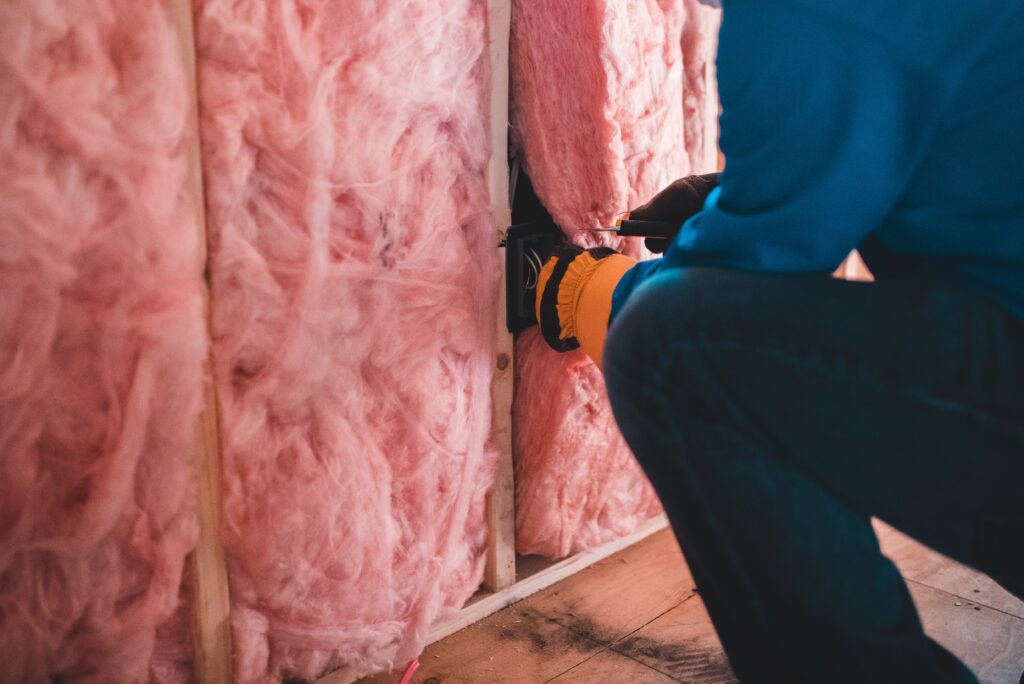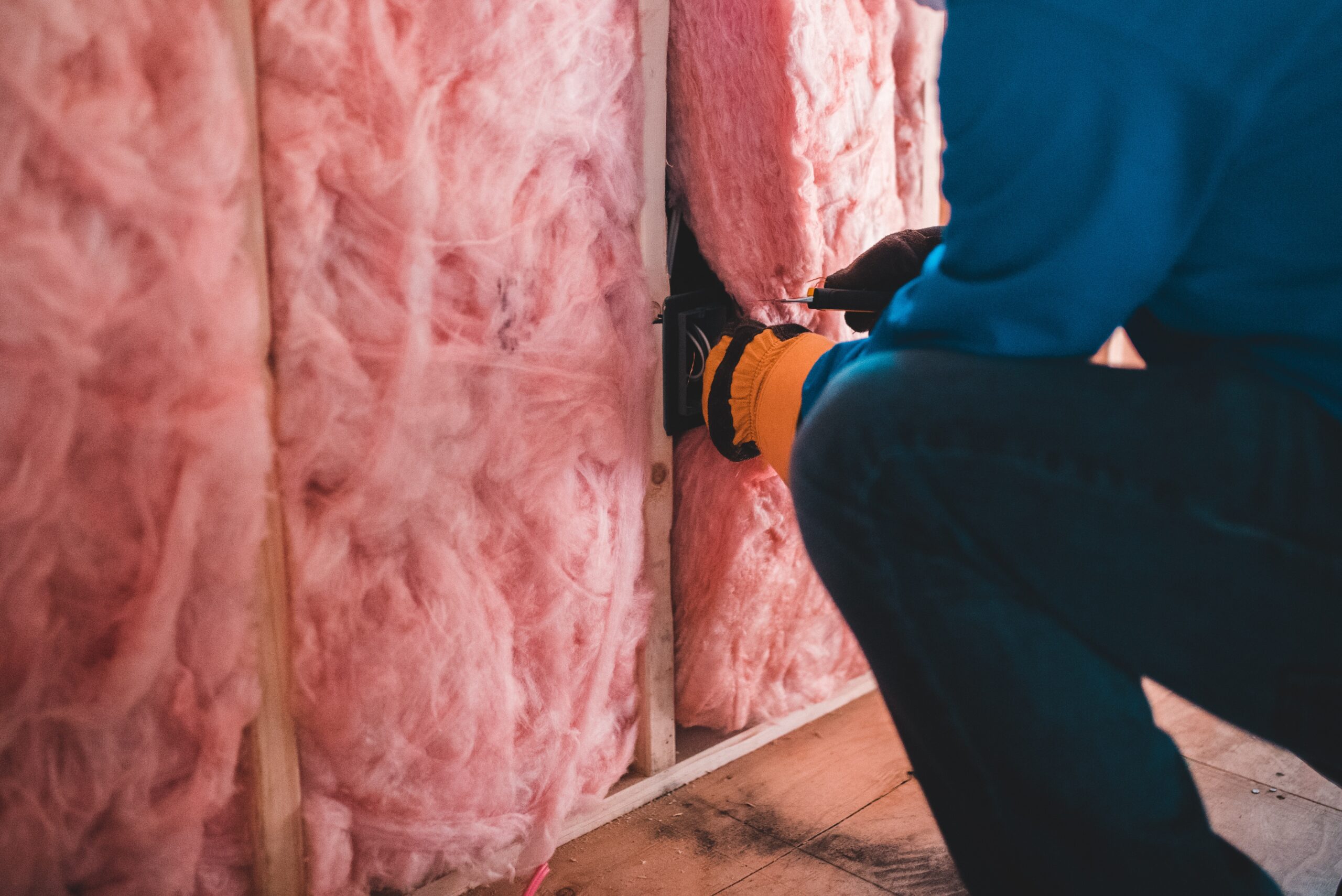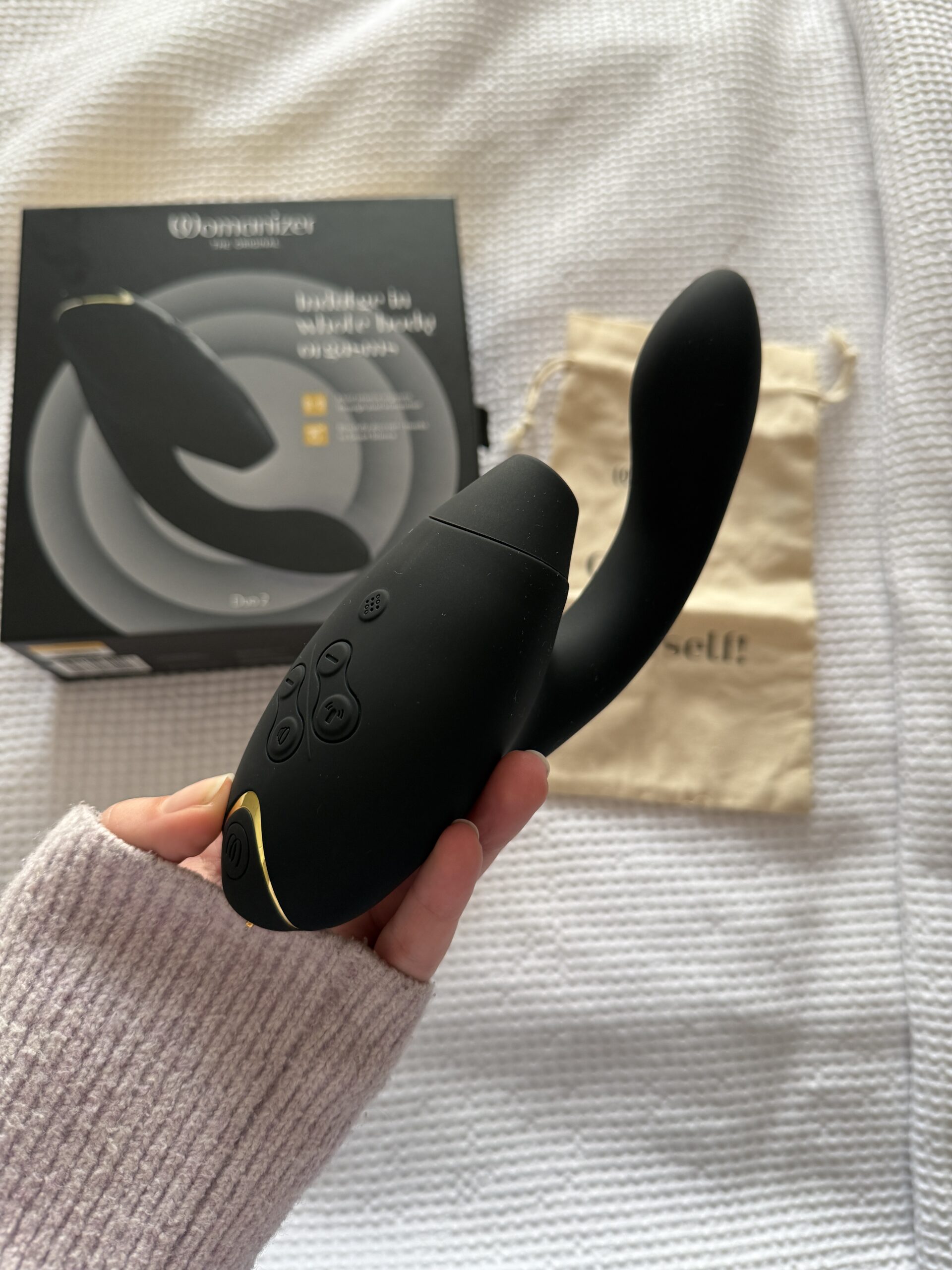How Much Should You Spend for Residential Insulation?
There's no question that insulation is a critical part of any home. It helps keep your home warm in the winter and cool in the summer, which can save you a lot of money on your energy bills. But how much should you spend on residential insulation? That depends on a few factors, including the size of your home and the climate where you live. In this blog post, we will discuss some of the key factors to consider when deciding how much to spend on residential insulation. We'll also provide some tips for getting the best bang for your buck!
Are you planning on getting your home insulated? Get in touch with iFoam for insulation needs! As an insulation company, they provide top-quality products and services to their customers. They have a staff of qualified experts that can assist you in picking the appropriate insulation for your house and installing it correctly. Give them a call right away for a free consultation!
Before we get into it, what is Residential Insulation and how does it work?
Insulation is any material that is used to insulate a home. The most common type of insulation is fiberglass, but there are other options as well, including cellulose, foam, and rock wool. Insulation works by creating a barrier between the inside and outside of your home, which helps to keep heat in during the winter and out during the summer.
It is an effective way to reduce your energy bills. In fact, the U.S. Department of Energy estimates that proper insulation can save you up to 30% on your heating and cooling costs. That's a significant amount of money, especially if you live in an area with high temperatures or extreme weather conditions.
#1: Fiberglass
Fiberglass is the most common type of insulation. It is made from glass fibers that are spun into a mat and then bonded together with a resin. Fiberglass insulation comes in two forms: batts and rolls. Batts are pre-cut pieces of fiberglass that fit between the studs in your walls, while rolls are long sheets of fiberglass that can be cut to fit any space.
Fiberglass is an effective insulator and is relatively inexpensive. However, it can be difficult to install, and it does not always provide a tight seal against air infiltration.
#2: Cellulose
Cellulose insulation is made from recycled paper products, such as newspapers and cardboard. It is treated with fire retardants and other chemicals to make it more effective as an insulator. Cellulose insulation can be blown into attics and walls, or it can be used in loose-fill applications.
Cellulose insulation is less expensive than fiberglass, but it is not as effective at sealing against air infiltration.
#3: Foam
Foam insulation is made from polyurethane or other chemicals that are sprayed into place. It can be used in both residential and commercial applications. Foam insulation is highly effective at sealing against air infiltration and provides excellent thermal resistance. However, it is also the most expensive type of insulation, and it can be difficult to install.
What are the factors to consider when deciding how much to spend on insulation?
There are several factors you should consider when deciding how much to spend on insulation:
– The size of your home: The larger your home, the more insulation you will need. If you live in a cold climate, you may need more insulation than if you live in a warm climate.
– The climate where you live: If you live in an area with extreme weather conditions, you may need more insulation to keep your home comfortable.
– The type of insulation you choose: As we discussed above, there are different types of insulation, and each has its own benefits and drawbacks. You will need to decide which type is right for your home and your budget.
– The insulation's R-value: The R-value gauges how well an insulation can thwart heat flow. The insulation will do a better job of keeping your home cool in the summer and warm in the winter the higher the R-value.

How much should you spend?
There is no easy answer to this question. The amount you should spend on insulation will depend on the factors we've discussed above. However, a general rule of thumb is that you should budget for about R-30 of insulation in your home. This will ensure that your home is properly insulated and will help you save money on your energy bills.
If you're not sure how much insulation you need or what type of insulation to choose, we suggest talking to a professional contractor who can assess your needs and give you expert advice.
When it comes to residential insulation, there are a lot of factors to consider. But if you take the time to research your options and find the right product for your home, you'll be able to enjoy the benefits of a comfortable home for years to come.



